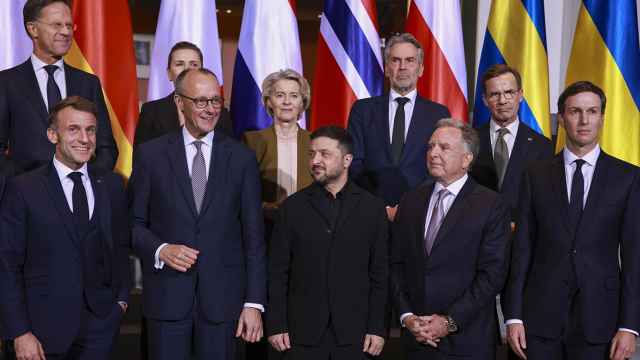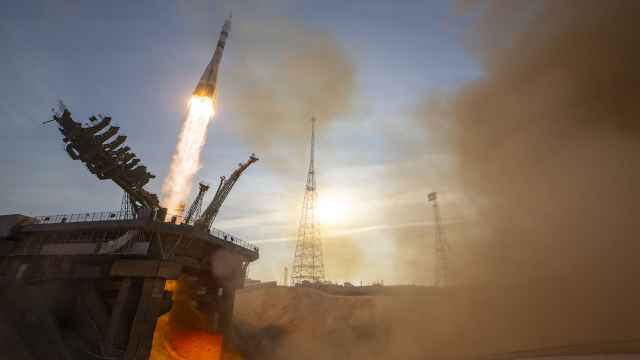The Transportation Ministry has determined that it needs to concentrate on repairing existing roads and constructing toll roads, since it lacks the funds for anything else.
Judging from the development program through 2019 that has been published on the ministry's web site, the sector is experiencing hard times.
Transportation costs account for 15 to 20 percent of production in Russia, as opposed to 7 to 8 percent in developed countries, and population mobility in Russia is half that of the developed countries. Only 8 percent of Russian roads are multilane, and almost a third of federal highways are overcrowded.
To solve these problems, 4 to 4.5 percent of gross domestic product has to be invested in the transportation system annually, instead of the current 2 to 2.2 percent, according to the ministry.
However, since funds are limited, the ministry will concentrate on "not allowing further degradation of transportation infrastructure and developing the segment of the transportation system that enjoys effective demand," the ministry said.
Under the program, 7.1 trillion rubles ($227.5 billion) from the federal budget will be spent on transportation in the next eight years. The ministry also expects to receive 4.8 trillion rubles from nonbudgetary sources.
Almost a quarter of the budgetary funds — 1.7 trillion rubles — will go to the repair and maintenance of federal highways, making that the largest part of the program budget.
The federal roads fund will contain 385 billion rubles in 2012, and there will be about 400 billion rubles in regional funds. That money can be spent on the construction of new roads, a Rosavtodor spokesman said, but the volume of funds is calculated on the basis of repair and maintenance projections.
In recent years, 35 to 42 percent of projected expenses have been provided, but full financing is expected to begin in 2014, the spokesman added.
Under the program, Rosavtodor will build 979 kilometers of federal roads and make repairs to about 8,000 kilometers of road. The Avtodor state company will build more than 1,900 kilometers of roads, of which 932 kilometers will be toll roads.
That is an extremely small volume of construction. By comparison, China builds more than 5,000 kilometers of wide-lane highway per year, said Mikhail Blinkin, a transport expert and the scientific director at the Scientific Research Institute of Transportation and Road Maintenance.
In Russia, infrastructure will develop along different lines. Earlier this month, Prime Minister Vladimir Putin said 46,000 villages do not have year-round access to roads and that the government will pay 130 billion rubles to provide that access.
Blinkin said the program is right to admit that the government doesn't have the money to build roads. Now it is time to reject another myth as well — that private investors will build roads, he added, noting that they are not doing so.
Instead, loans from government banks are paying for road construction.
For example, the first section of the paid highway between Moscow and St. Petersburg is expected to cost about 60 billion rubles, 23 billion rubles of which will come from the investment fund, 29.2 billion rubles will come from Sberbank and VEB and 8 billion rubles will be invested by the concessionaire.
A Message from The Moscow Times:
Dear readers,
We are facing unprecedented challenges. Russia's Prosecutor General's Office has designated The Moscow Times as an "undesirable" organization, criminalizing our work and putting our staff at risk of prosecution. This follows our earlier unjust labeling as a "foreign agent."
These actions are direct attempts to silence independent journalism in Russia. The authorities claim our work "discredits the decisions of the Russian leadership." We see things differently: we strive to provide accurate, unbiased reporting on Russia.
We, the journalists of The Moscow Times, refuse to be silenced. But to continue our work, we need your help.
Your support, no matter how small, makes a world of difference. If you can, please support us monthly starting from just $2. It's quick to set up, and every contribution makes a significant impact.
By supporting The Moscow Times, you're defending open, independent journalism in the face of repression. Thank you for standing with us.
Remind me later.





